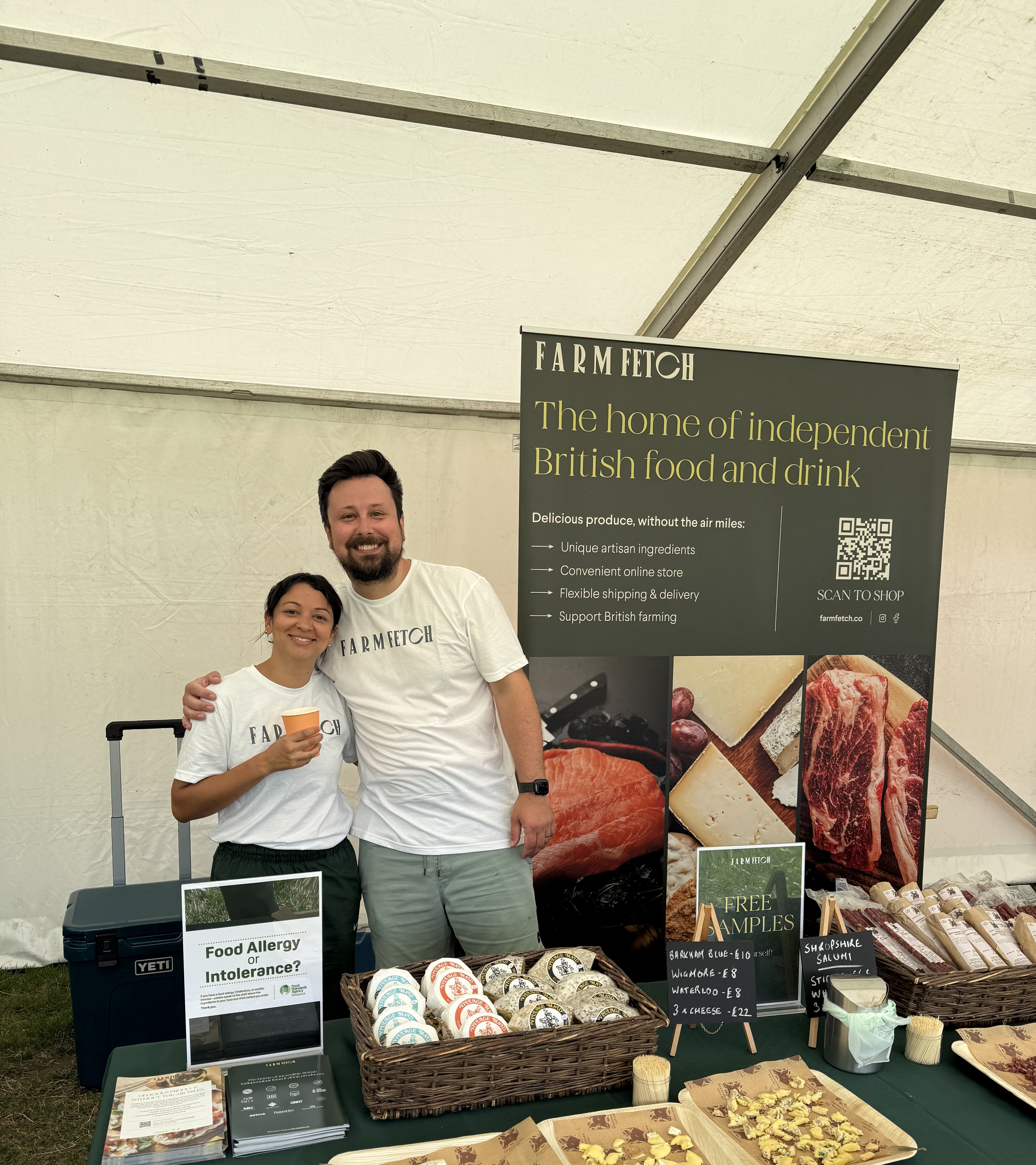Most things marketed as “better” arrive louder than necessary. They interrupt. They demand space. But sometimes the shift happens more quietly—when someone decides not to cut corners, not to follow the usual scale-first logic, and not to borrow money just to go faster. It’s slower, more manual, and harder to explain at times. Still, for Erik van de Groot, co-founder of a small Hague-based sportswear company, that slower route is the only one that’s made sense. After five years of bootstrapped growth, Erik and his co-founder were forced to rebrand due to legal reasons. Now operating under a new name, they’re focused on rebuilding their collection, expanding international sales, and refining product development—still without investors, and still doing nearly everything themselves.
“We started over half a year ago—it feels like a new beginning.”
The company sells functional, health-focused sportswear made entirely from natural or plastic-free materials. Everything is designed for performance but avoids synthetic blends. “There’s no factory with this kind of fabric lying around,” Erik says. “So we have to work with higher minimums and develop everything ourselves.” Their newest socks, which contain no plastic, have been in development for more than eighteen months. “People think a sock is simple. It’s not,” he adds. Around 85% of revenue comes from direct-to-consumer sales, with smaller percentages from custom B2B orders and limited retail. Most of their marketing is handled in-house by Erik, who also oversees creative direction, partnerships, and design. “We still do all our own packing,” he says. “Even if it gets busy. We write the notes, ship from here. That part’s important to us.” The company remains fully self-owned, with no equity taken and no plans to raise. “I think when brands bring in investors, the decisions get muddy,” he says. “We want full control, especially with how we handle sustainability.”
.png)
%20(1).jpg)
%20(1).jpg)
%20(1).jpg)
%20(1).jpg)
.jpg)
.jpg)



.png)